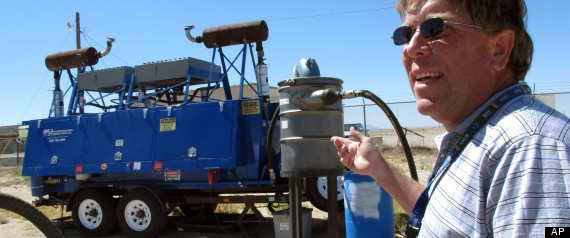With the Federal Bureau of Investigation's recent push for web wiretaps and increased Internet surveillance, the U.S. seems to be edging closer to the fictional state described in George Orwell's "1984."
As CNET reported earlier this week, the FBI recently created a secret web-surveillance unit, the Domestic Communications Assistance Center, aimed at creating tech that would allow the authorities to more easily eavesdrop on Internet and wireless communications. The DCAC will act as hub for all web surveillance, but will not be directly involved in executing Internet wiretapping court orders or operating investigations if proposed legislation passes as planned.
As CNET reported earlier this week, the FBI recently created a secret web-surveillance unit, the Domestic Communications Assistance Center, aimed at creating tech that would allow the authorities to more easily eavesdrop on Internet and wireless communications. The DCAC will act as hub for all web surveillance, but will not be directly involved in executing Internet wiretapping court orders or operating investigations if proposed legislation passes as planned.



































